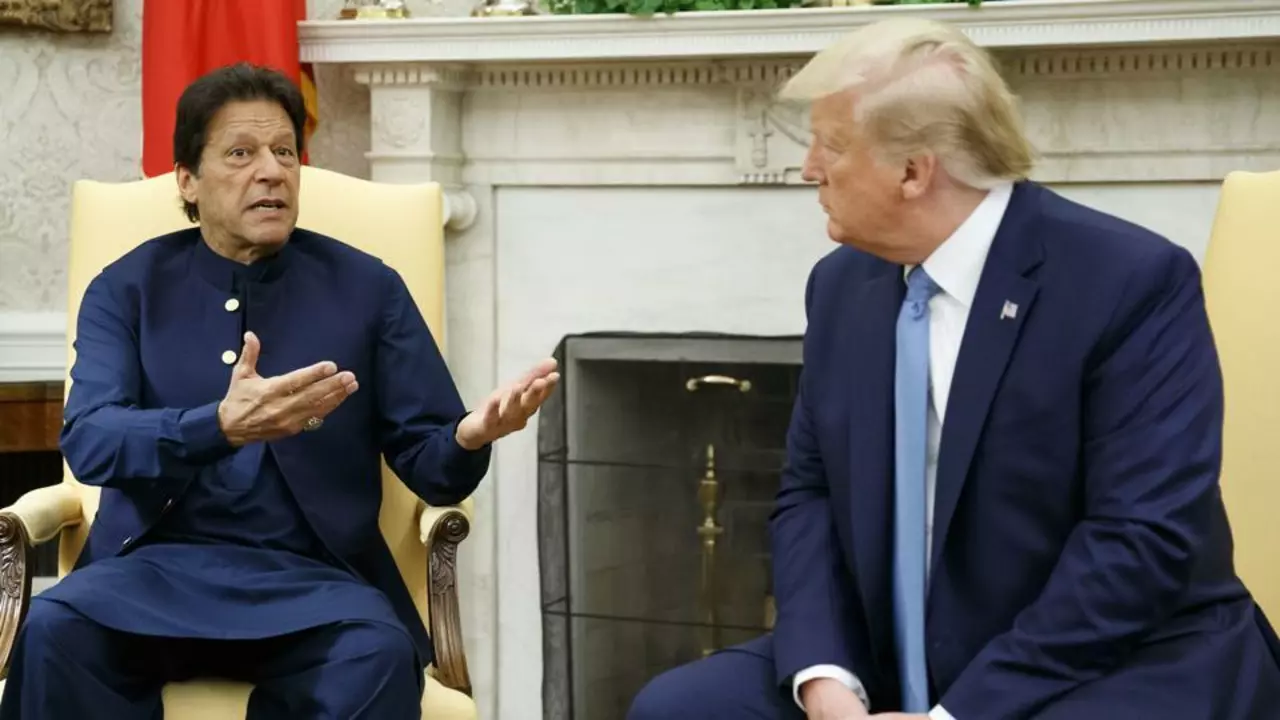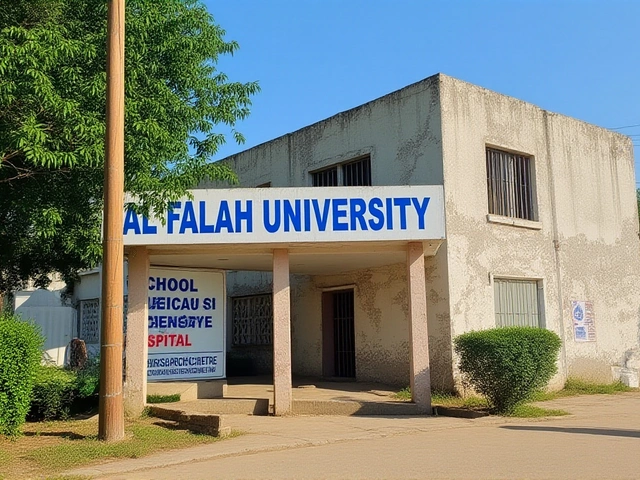Imran Khan: What’s Happening and Why It Matters to You
Imran Khan has been a household name for years – a cricket legend turned politician who still dominates headlines. Whether you follow South Asian politics or just want to understand the ripple effects on the Indian job market, his latest moves are worth a quick look.
From leading the Pakistan Tehreek‑e‑Insaf (PTI) party to serving as Pakistan’s prime minister, Khan’s career is a mix of bold promises and controversial decisions. After being ousted in a no‑confidence vote, he’s been busy rallying supporters, fighting legal battles, and hinting at a political comeback. The drama isn’t just local; it shapes trade talks, cross‑border projects, and even hiring trends for companies that operate on both sides of the border.
Imran Khan’s Political Journey in a Nutshell
Born in 1952, Khan first shone on the cricket field, captaining Pakistan to a World Cup victory in 1992. That win turned him into a national hero and gave him a platform to launch a political career. In 1996 he founded PTI, promising clean governance, anti‑corruption reforms, and a “Naya Pakistan.”
The party struggled for years, but the 2018 elections finally gave Khan the PM seat. He pushed for social welfare schemes like the Ehsaas program and tried to improve relations with neighboring countries. Critics say his tenure was marked by economic wobble and strained media ties, while supporters argue he tackled entrenched corruption.
When the opposition united against him in early 2022, Khan lost the confidence vote and was removed from office. Since then, he’s faced several cases ranging from corruption to incitement, and his rallies have sparked both massive support and occasional clashes.
Why Imran Khan Matters for Indian Job Seekers
It might seem odd to link a Pakistani political figure with your job hunt, but the connection is real. Companies that trade with Pakistan—especially in textiles, IT services, and agriculture—watch Khan’s policies closely. A shift in trade tariffs or a new investment push can open up fresh roles in logistics, sales, and consulting.
Moreover, many Indian professionals work on cross‑border projects that need stable diplomatic ties. When Khan talks about peace talks or new economic corridors, those projects often accelerate, creating short‑term contracts or permanent positions.
Even if you’re not in a trade‑heavy sector, understanding the political climate helps you tailor your resume and interview answers. Showing awareness of regional dynamics can set you apart for roles in government relations, media, and policy analysis.
In short, keeping tabs on Imran Khan isn’t just about politics; it’s about spotting real‑world job opportunities that others might miss. Follow reliable news sources, watch his public statements, and think about how each development could affect the industries you care about.
Stay curious, stay updated, and let the latest about Imran Khan guide your next career move.
In a recent turn of events, former President Trump had a telephonic exchange with Indian Prime Minister Narendra Modi. During this conversation, PM Modi took the opportunity to express his concerns about Pakistan's PM, Imran Khan. The specifics of these concerns were not made public. This conversation underscores the complex dynamic between the three countries. It's a topic I'll be keeping an eye on, as it could have potential implications on global politics.
View Details

